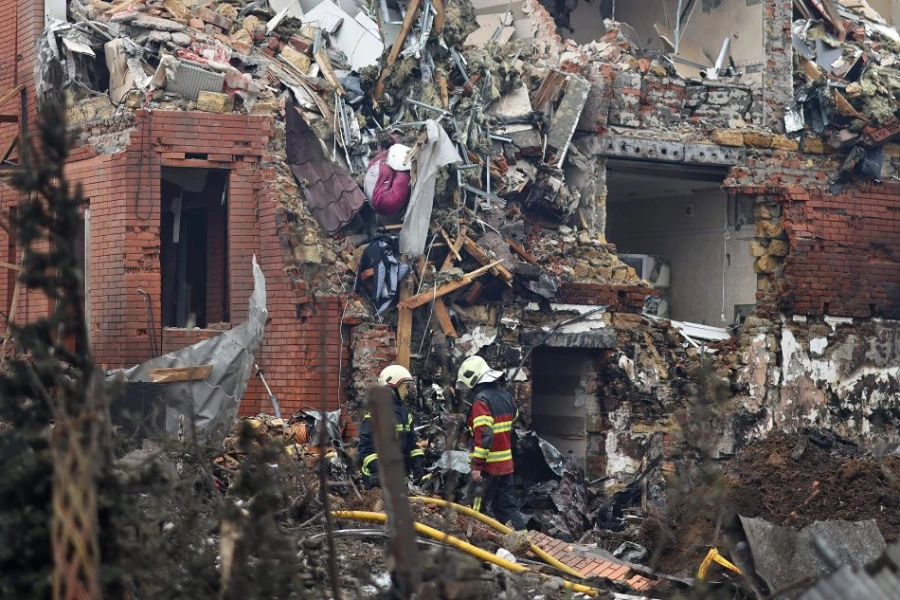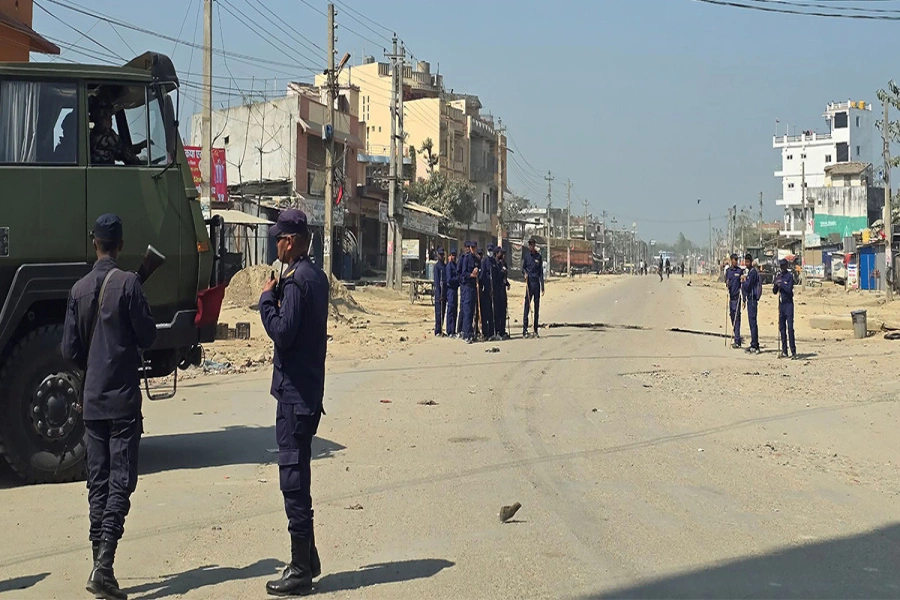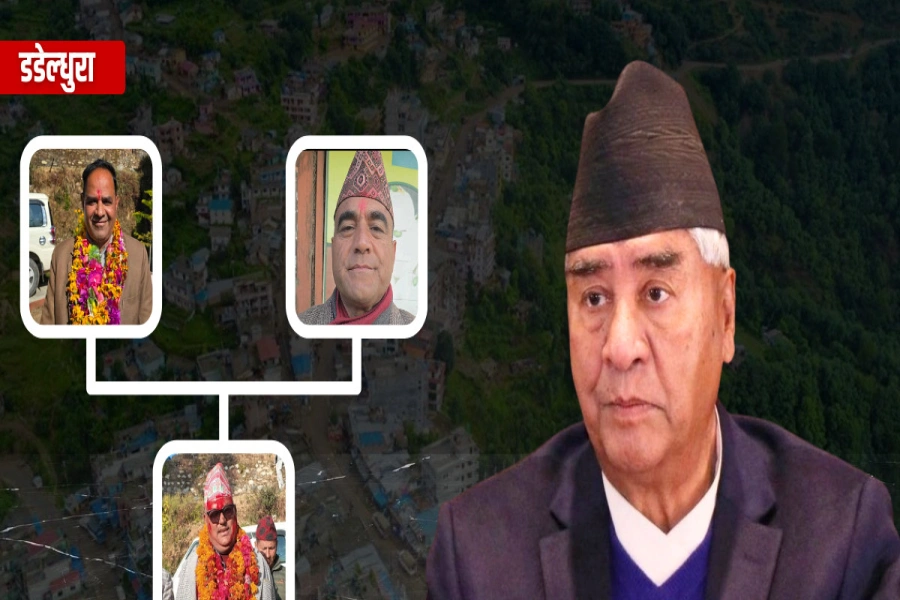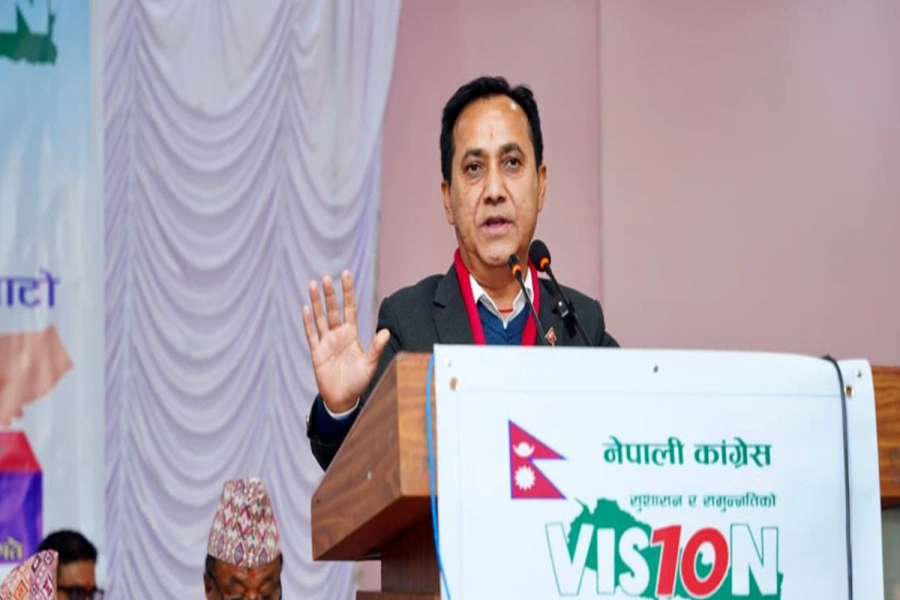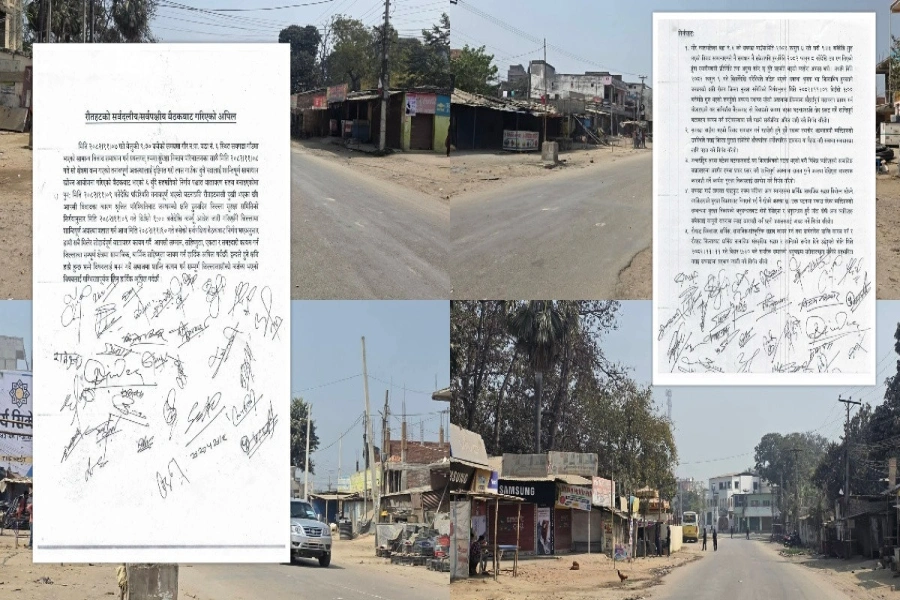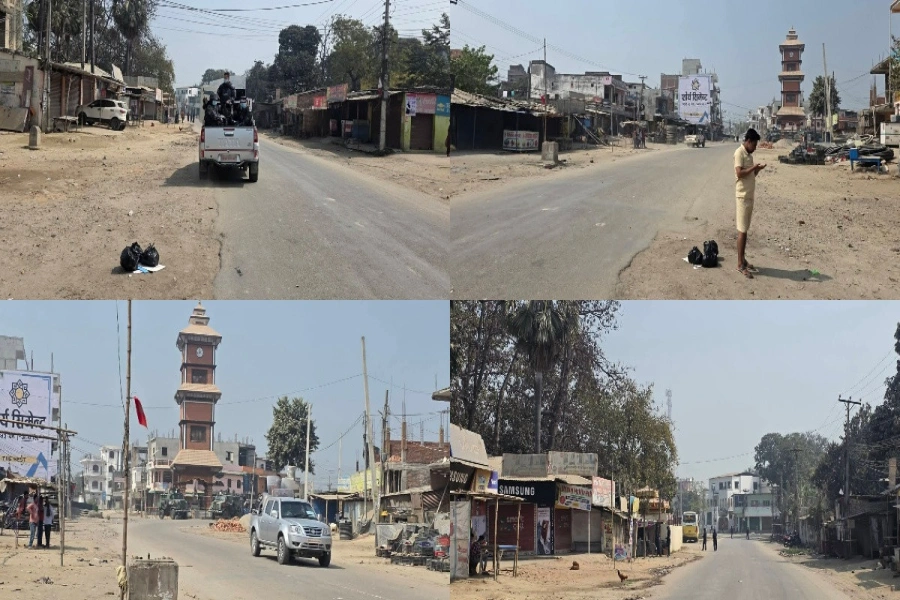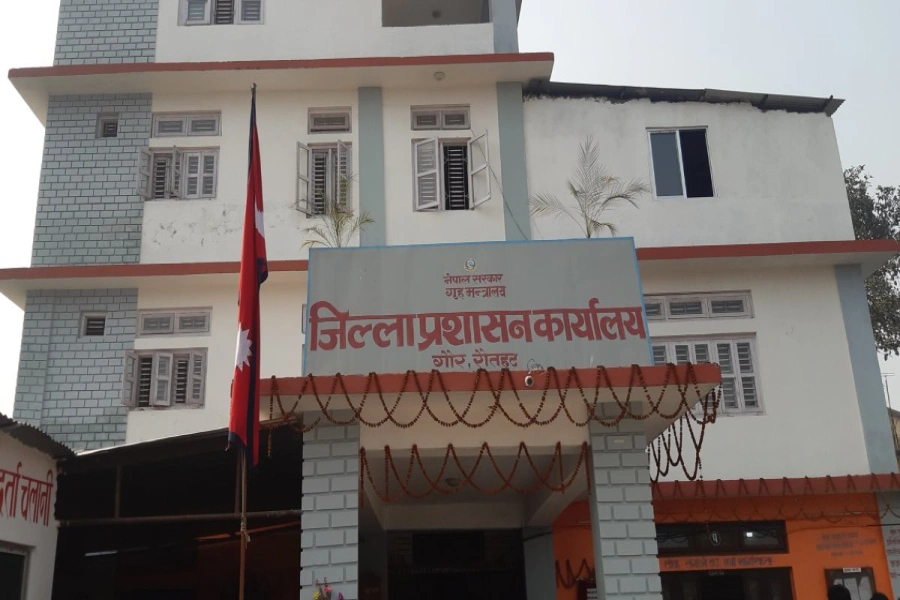It’s a popular belief that blood pressure fluctuation only occurs after the age of 35. Blood pressure (BP) measurement, containing systolic (numerator) and diastolic (denominator), is written in a fraction with millimeters of mercury unit (mmHg). 120/80 mmHg is an ideal and healthy blood pressure. However, according to the American Heart Association, blood pressure ranging from 120/80 mmHg to 130/80 mmHg is considered acceptable. If the BP measures below 120/80 mmHg, then it is considered low blood pressure, whereas anything above 130/80 mmHg is considered high blood pressure. Low Blood Pressure (Hypotension) and High Blood Pressure (Hypertension), if not controlled at the early stage, can be life-threatening. Abnormal blood pressure leads to the thickening of arteries, damaging the nervous system.
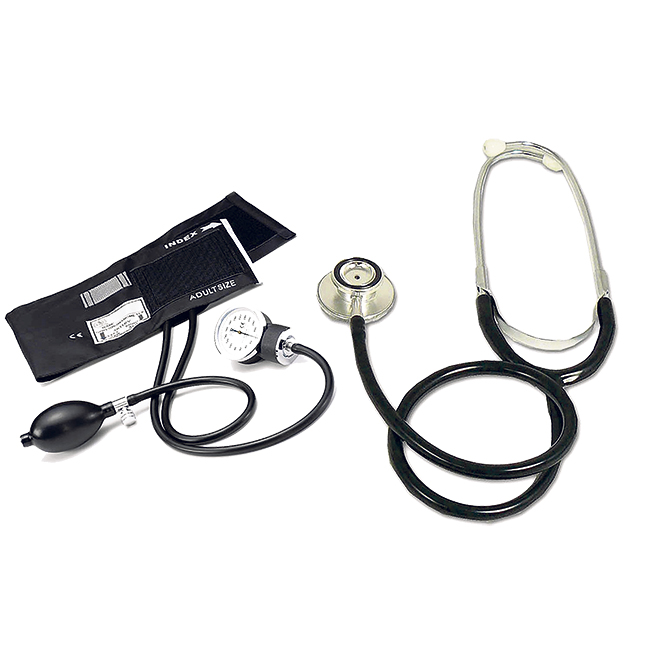
Jason Lamichhane, an IT engineering student at NCIT, has been a blood pressure patient for the past four years. His pressure is below normal at 90/60 mmHg. He says, “I wouldn’t eat food on time. The unbalanced food timing led to a deficiency in nutrients, further resulting in the low blood pressure.” Explaining the effects of low bp on him, he explained, “When my blood pressure drops, I faint, and my lips and body turn blue.”
Dibyanshu Thapa, a management student at Golden Gate International College, has been living with hypotension for the last two years. She too falls unconscious when her pressure drops below normal. “Apart from fainting, I feel dizzy, and I tend to lose consciousness,” Thapa added.
Attorney General under political pressure not to appeal to SC a...

Similarly, Brigid Shrestha, a high school graduate, says she’s had low BP since the past year. Shrestha remarked, “Normally when I measure my BP; it shows 90/60 mmHg, but sometimes it goes below that.”
Low blood pressure is prominent among the youths due to the lack of proper hygiene, and exercise. It has led to many to take medications at a juvenile age, to control pressure. According to Nepal Demographic and Health Survey 2016, 23% men, and 17% women, over the age of 15 have hypertension.
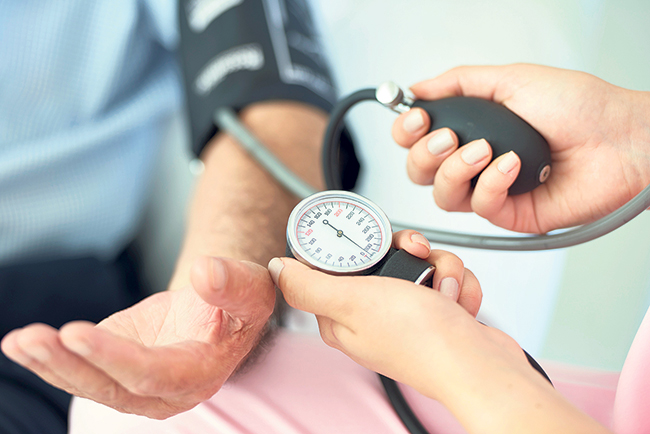 Ramesh Thapaleeya, 25, has had high blood pressure since he was 18. He says, “During my teenage days, I used to stay in a room all day long. I used to watch TV and eat lots of salty food. My habits resulted in hypertension. The last time I checked, my pressure had blown off the roof. It was measured at 145/90 mmHg,” he said.
Ramesh Thapaleeya, 25, has had high blood pressure since he was 18. He says, “During my teenage days, I used to stay in a room all day long. I used to watch TV and eat lots of salty food. My habits resulted in hypertension. The last time I checked, my pressure had blown off the roof. It was measured at 145/90 mmHg,” he said.
Fluctuating blood pressure, that was only common on people over the age of 35 years, is equally prominent among the youths these days. Dr. Prabha Koirala, a cardiologist at Bir Hospital, claims to find an immense increment in the blood pressure patient in recent times. She said, “Even teenagers are prone to hypertension and hypotension. Hereditary, lack of physical exercise, obesity, alcohol consumption, smoking, and junk food consumption are the major contributors of hypertension,” she said. She even warned that unmanaged BP could take lives.
Explaining the long-term effects, she further stated, “Hypertension leads to the thickening of the kidneys, heart attack, and also decreases the visual power.”
Dr. Koirala added, “Majority of the youths don't care about their health. Also, they have depressions and anxiety that reduces their BP below normal. Hypotension, when not controlled for a long time, can result in deprivation of oxygen in the body.” added the doctor.
She suggested, “To control blood pressure, one should engage in physical activities, eat a healthy diet, and avoid alcohol and cigarettes.”



